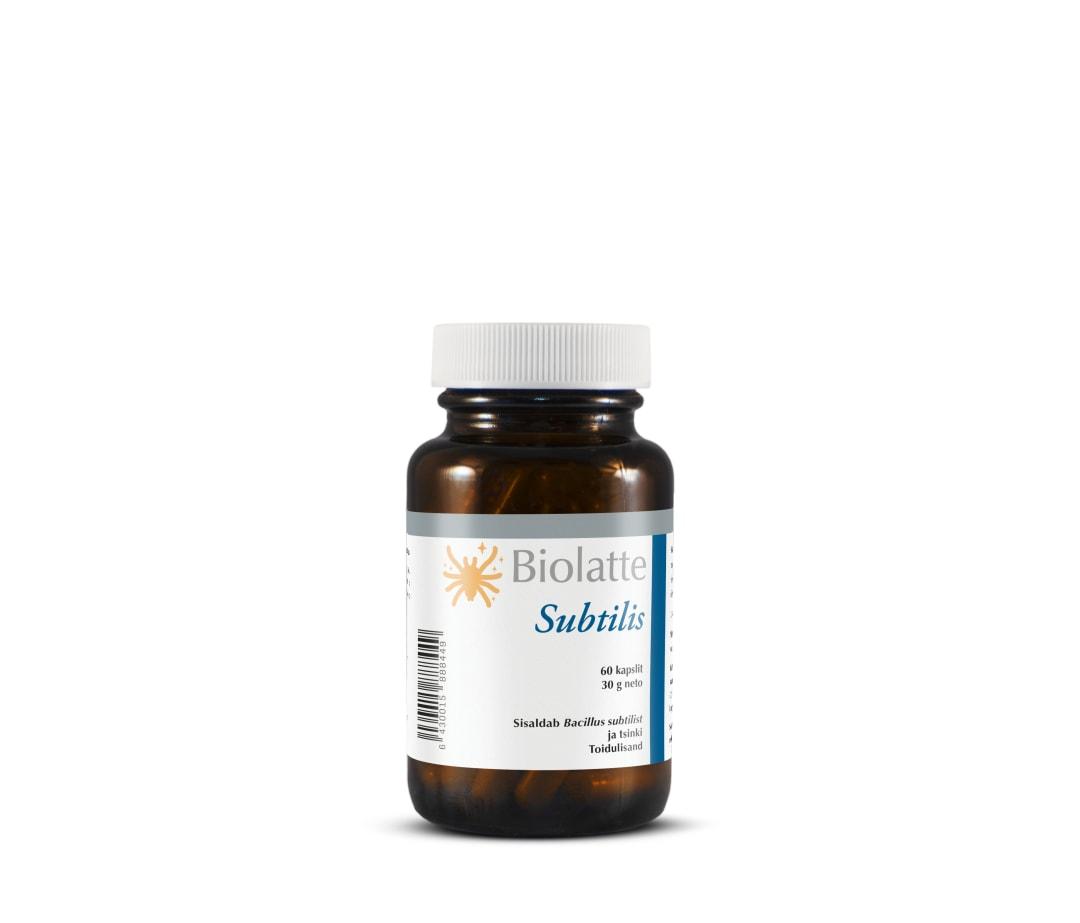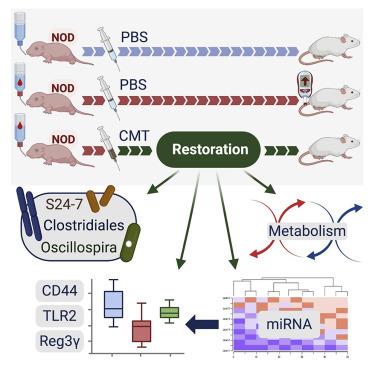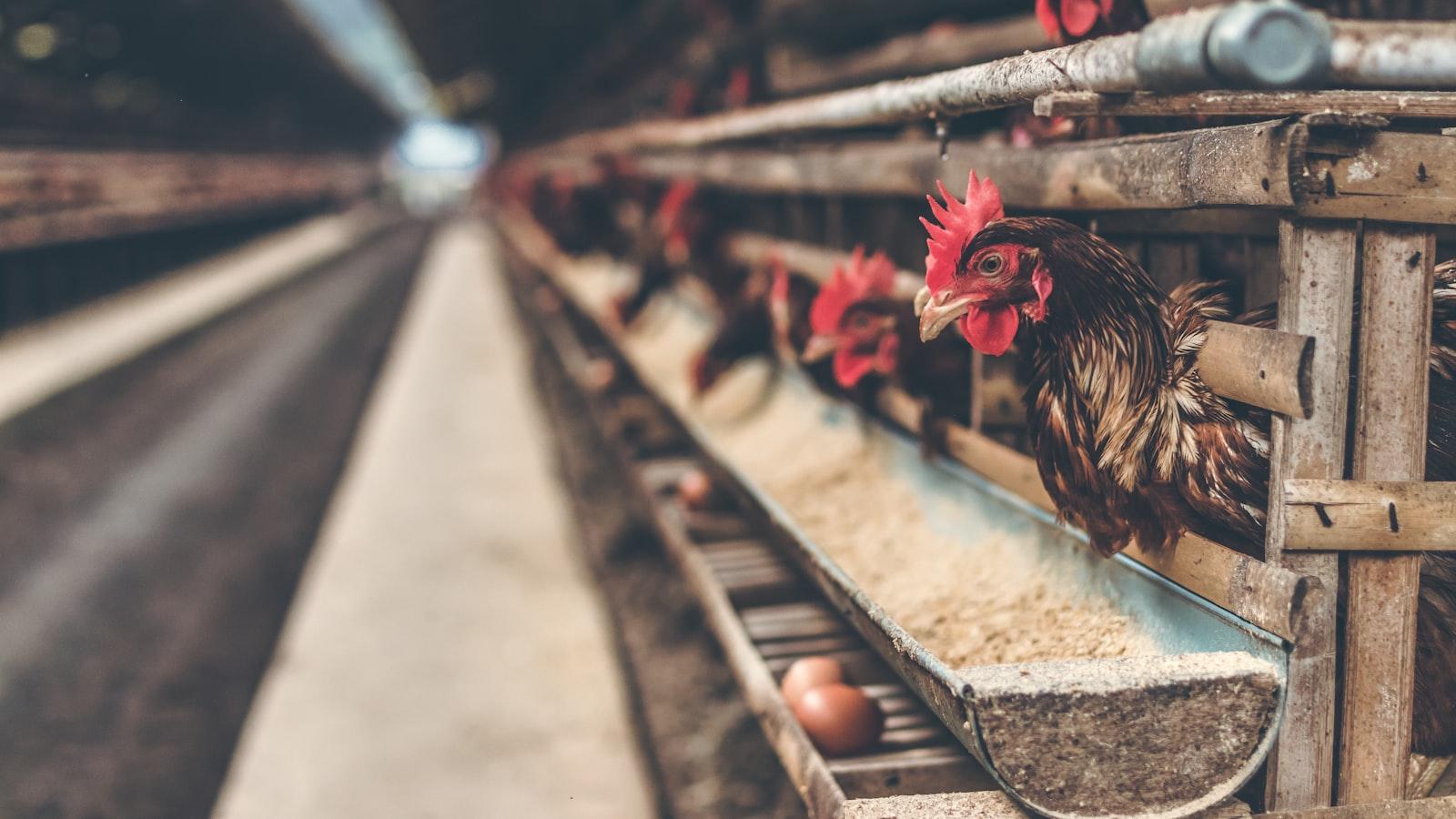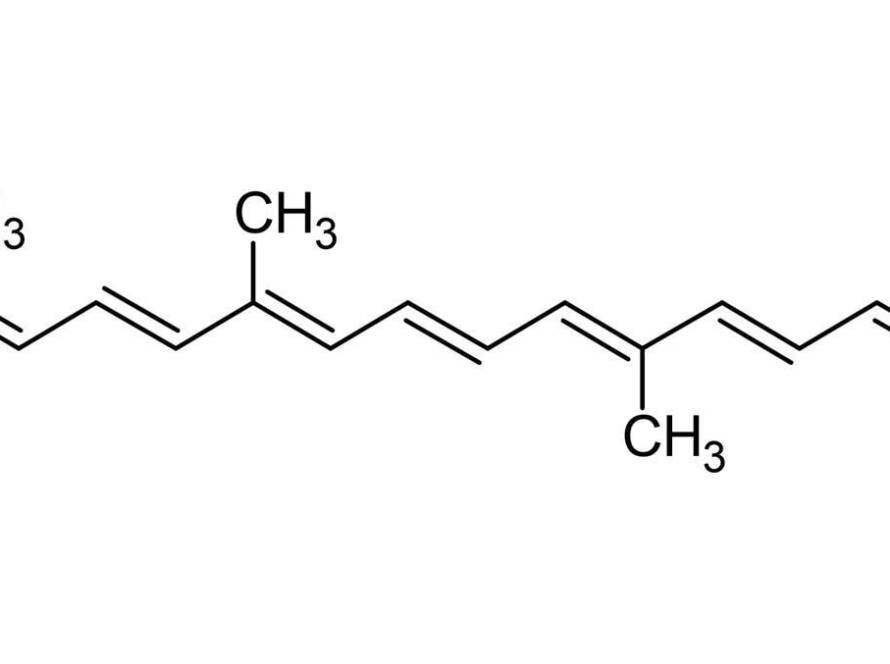In the quest to enhance poultry performance and maintain the health of broilers under various farming conditions, feed additives have emerged as a critical focus of research in animal nutrition. Among these, probiotics derived from fermentation processes have garnered significant attention due to their potential benefits in improving growth performance, intestinal health, and overall well-being of broilers. This article delves into the comparative effects of two fermented products, derived from Bacillus subtilis and Bacillus licheniformis, on several crucial parameters in broiler chickens. Covering aspects from growth performance to the intricacies of intestinal morphology, antioxidant and barrier function gene expression, this study provides a comprehensive overview of how these probiotics influence the cecal microbiota community and the composition of microbial carbohydrate-active enzymes. With a neutral tone aimed at presenting factual, research-based insights, this article endeavors to shed light on the nuanced differential impacts these Bacillus-fermented products exhibit, offering valuable perspectives for both researchers and practitioners in the field of poultry science.
Table of Contents
- Exploring the Impact of Bacillus subtilis and Bacillus licheniformis Fermented Products on Broiler Performance
- Intestinal Health and Antioxidant Response: A Comparative Analysis of Bacillus-Fermented Feed Additives
- The Role of Cecal Microbiota in Nutrient Absorption: Insights from Bacillus-Fermented Diets
- Optimizing Poultry Diet with Microbial Enzymes: Strategic Recommendations for Enhanced Growth and Health
- Q&A
- The Conclusion

Exploring the Impact of Bacillus subtilis and Bacillus licheniformis Fermented Products on Broiler Performance
In the quest to enhance broiler performance, the spotlight has turned towards the use of fermented products, particularly those stemming from Bacillus subtilis and Bacillus licheniformis. Research delving into this area has revealed intriguing effects on a multitude of fronts including growth performance, gut health, and overall microbial environment. Specifically, these fermented products have shown promising results in promoting growth rates, an essential marker for broiler performance. Furthermore, they’re observed to vastly improve the intestinal morphology, which is crucial for nutrient absorption and overall health. However, the extent and nature of these improvements vary between the two Bacillus species, indicating a differential impact that warrants a closer examination.
Impact on Health and Microbial Environment:
- Intestinal Antioxidant and Barrier Function: Enhanced gene expression linked to antioxidant defense and barrier functions has been noted, suggesting a boost in the broiler’s ability to combat stress and maintain intestinal integrity.
- Cecal Microbiota Community: A shift in the cecal microbiota composition towards beneficial microbes has been observed, implying an improved gut environment conducive to health and performance.
- Microbial Carbohydrate-Active Enzyme Composition: There’s also a notable change in the microbial enzyme profile, highlighting a potential increase in the digestibility and utilization of feed, which directly correlates with improved growth performance.
These findings underscore the multifaceted role of Bacillus subtilis and Bacillus licheniformis-fermented products in broiler nutrition and health. The differential effects observed not only pave the way for tailored nutritional strategies but also underscore the complexity of microbial interactions within the broiler gut. Further research in this area is essential to fully understand the mechanisms behind these effects and to harness the full potential of these fermented products in poultry nutrition.
Intestinal Health and Antioxidant Response: A Comparative Analysis of Bacillus-Fermented Feed Additives
In the quest for optimizing poultry health and productivity, researchers have turned their focus towards the potential of Bacillus-fermented feed additives. The differential impacts of Bacillus subtilis and Bacillus licheniformis on broilers provide a fascinating insight into how these probiotics can influence growth performance, gut morphology, and overall health. Studies have indicated that broilers administered with Bacillus subtilis-fermented products generally exhibit enhanced growth performance, marked by improved weight gain and feed conversion ratios. Conversely, Bacillus licheniformis-fermented products seem to excel in bolstering the intestinal antioxidant defense systems. This nuanced differentiation underscores the specificity of probiotic action based on their strains, suggesting a tailored approach might be more beneficial than a one-size-fits-all mentality in feed formulation.
Furthermore, the investigation into intestinal morphology and gene expression related to antioxidant and barrier function sheds light on the physiological basis behind these growth and health outcomes. The intestinal villus height and crypt depth serve as indicators of nutrient absorption capacity, with both strains of Bacillus showing promising results in enhancing these aspects of gut architecture. On a molecular level, the upregulation of genes involved in antioxidant response and barrier integrity, such as MUC2 and Zo-1, highlights the role of these probiotics in maintaining a robust intestinal environment. Coupled with shifts in cecal microbiota composition and the microbial carbohydrate-active enzyme landscape, these findings illustrate the complex interplay between probiotics, gut health, and animal performance. This understanding paves the way for more precise nutritional interventions to optimize the health and productivity of broilers.
| Feature | Bacillus subtilis-fermented | Bacillus licheniformis-fermented |
|---|---|---|
| Weight Gain | Improved | Moderate |
| Feed Conversion Ratio | Enhanced | Moderate |
| Intestinal Antioxidant Defense | Good | Significantly Enhanced |
| Gut Architecture (Villus height/Crypt depth) | Improved | Improved |
| Gene Expression (MUC2, Zo-1) | Upregulated | Upregulated |
| Cecal Microbiota | Beneficial Shifts | Beneficial Shifts |
| Microbial Carbohydrate-Active Enzyme Composition | Optimized | Optimized |

The Role of Cecal Microbiota in Nutrient Absorption: Insights from Bacillus-Fermented Diets
Exploring the intricate world of poultry nutrition, recent studies have illuminated the profound impact of **Bacillus-fermented diets** on the overall health and growth performance of broilers. Central to this discussion is the role of the cecal microbiota—those trillions of microorganisms residing in the ceca (the two pouches located at the junction of the small and large intestines) that play a pivotal role in nutrient absorption and metabolism. Fermented products, particularly those derived from *Bacillus subtilis* and *Bacillus licheniformis*, have emerged as potent modifiers of this complex microbial community, offering fresh perspectives on optimizing poultry health through diet.
The application of Bacillus-fermented diets does not merely stop at enhancing growth performance; it extends profoundly to influencing intestinal morphology, boosting antioxidant capabilities, and modulating gene expression related to intestinal barrier functions. For instance, the addition of Bacillus subtilis-fermented products to poultry diets has been shown to improve gut health by enhancing villi height and gut wall thickness, thereby increasing the surface area for nutrient absorption. Similarly, Bacillus licheniformis-fermented supplements have demonstrated efficacy in upregulating the expression of genes responsible for antioxidant defense and intestinal barrier integrity, ultimately fostering a more resilient digestive ecosystem. This advanced understanding beckons a deeper investigation into how these modifications in diet affect the cecal microbiota composition and the microbial enzyme systems responsible for carbohydrate breakdown and absorption, crucial for maximizing the nutritional uptake and ensuring the vitality and performance of poultry.
| Parameter | Bacillus subtilis | Bacillus licheniformis |
|---|---|---|
| Gut Morphology Improvement | High | Moderate |
| Antioxidant Defense Gene Expression | Moderate | High |
| Intestinal Barrier Function Gene Expression | High | High |
| Impact on Cecal Microbiota Composition | Significant | Significant |
| Microbial Enzyme Variation | Varied | Varied |
Delving into the cecal microbiota’s role in nutrient absorption underlines the paramount importance of dietary interventions in poultry health. With the proper implementation of Bacillus-fermented diets, the modulation of microbial populations and enzyme activities can be finely tuned to enhance feed efficiency, bolster gut health, and significantly improve poultry performance—painting a promising picture for the future of poultry nutrition research.
Optimizing Poultry Diet with Microbial Enzymes: Strategic Recommendations for Enhanced Growth and Health
In the world of poultry farming, ensuring that your broilers achieve optimal growth and maintain robust health stands paramount. Incorporating microbial enzymes, specifically Bacillus subtilis and Bacillus licheniformis, into the diet of broilers has demonstrated promising results. Studies show that fermented products from these microbes positively impact growth performance, making them vital components of an effective poultry nutrition strategy. When these enzymes are added to poultry feed, a significant improvement in body weight gain and feed conversion ratios is observed. Moreover, these enzymes pave the way for better nutrient absorption by enhancing the digestive efficiency of the birds.
Furthermore, the benefits of integrating Bacillus-fermented products extend beyond mere growth metrics. This nutritional strategy plays a crucial role in improving intestinal health – a cornerstone for overall well-being and performance in broilers. The addition of these microbial enzymes has been linked with notable improvements in intestinal morphology, indicating healthier and more functional gut walls. This, in turn, supports more effective nutrient absorption and utilization. Additionally, research indicates a boost in the expression of antioxidant and barrier function genes, suggesting enhanced protective mechanisms against intestinal inflammation and pathogens. The alteration in the cecal microbiota community towards a more beneficial composition, coupled with an enriched profile of microbial carbohydrate-active enzymes, further underscores the positive impact of Bacillus subtilis and Bacillus licheniformis fermentation products on the intestinal health of broilers.
Q&A
### Q&A on the Differential Effects of Bacillus subtilis- and Bacillus Licheniformis-Fermented Products in Broilers
Q1: What was the main focus of the research?
The research primarily aimed to analyze the differential effects of Bacillus subtilis- and Bacillus licheniformis-fermented products on various health and growth parameters in broilers. These parameters included growth performance, intestinal morphology, antioxidant and barrier function gene expression in the intestine, the cecal microbiota community, and the microbial enzyme composition related to carbohydrate metabolism.
Q2: Why are Bacillus subtilis and Bacillus licheniformis significant in this study?
Bacillus subtilis and Bacillus licheniformis are notable for their use in fermented products that serve as probiotics. These beneficial bacteria are known to promote gut health and enhance growth performance in poultry. The study sought to explore their specific impacts and how each contributes to the overall wellness and development of broilers.
Q3: What were the key findings related to growth performance in broilers?
The study found that broilers fed with Bacillus subtilis- and Bacillus licheniformis-fermented products showed improved growth performance compared to the control group. Notably, there were variations in the magnitude of improvement, suggesting that the specific strains used might have differential effects on the growth rates of broilers.
Q4: How did the fermented products affect intestinal morphology and functions?
The research reported positive alterations in the intestinal morphology, including enhanced intestinal villi height and crypt depth. These physical changes were associated with improved nutrient absorption. Also, a significant upregulation in the expression of genes related to antioxidant activities and barrier functions was observed, indicating enhanced protection against oxidative stress and improved gut barrier integrity.
Q5: What insights did the study provide on the cecal microbiota community and microbial enzyme composition?
It was highlighted that Bacillus subtilis- and Bacillus licheniformis-fermented products influenced the cecal microbiota community, resulting in increased diversity and beneficial shifts in microbial populations. Furthermore, changes in the microbial enzyme composition related to carbohydrate metabolism were noticed, suggesting that these fermented products could favorably modify the gut microbiome’s functional capacities.
Q6: What implications do these findings have for poultry farming practices?
The outcomes of this research underscore the potential benefits of incorporating Bacillus subtilis- and Bacillus licheniformis-fermented products into poultry diets. Based on the improvements in growth performance, gut health, and microbial balance, these findings suggest a promising avenue for natural and sustainable approaches to enhance poultry health and productivity. Poultry farmers could leverage these insights to optimize feed formulations, thereby reducing reliance on antibiotics and promoting a healthier growth environment for broilers.
Q7: Are there any considerations or limitations of this study that were mentioned?
The study acknowledges some limitations, such as the need for further research to unravel the underlying mechanisms of action and to assess long-term impacts on broiler health and productivity. Additionally, while the study provides valuable insights, it also suggests that results may vary based on the strains of Bacillus used, feed compositions, and environmental conditions, advising cautious interpretation and application of the findings.
The Conclusion
In conclusion, the study on the differential effects of Bacillus subtilis- and Bacillus licheniformis-fermented products provides valuable insights into their impact on broiler health and growth performance. The findings suggest that these fermented products have significant roles in enhancing intestinal morphology, boosting antioxidant capacities, and improving barrier function gene expression. Additionally, the alterations in cecal microbiota community and microbial carbohydrate-active enzyme composition point towards a favorable gut environment, which is crucial for nutrient absorption and overall health. These results underscore the potential of Bacillus-fermented products as promising additives in poultry diets, contributing not just to the growth performance but also to the welfare of broilers by promoting a healthier gut ecosystem. Future studies focusing on the mechanistic pathways behind these beneficial effects, as well as long-term impacts on broiler health and productivity, are important to fully harness the potential of these microbial fermentation products in poultry nutrition.


